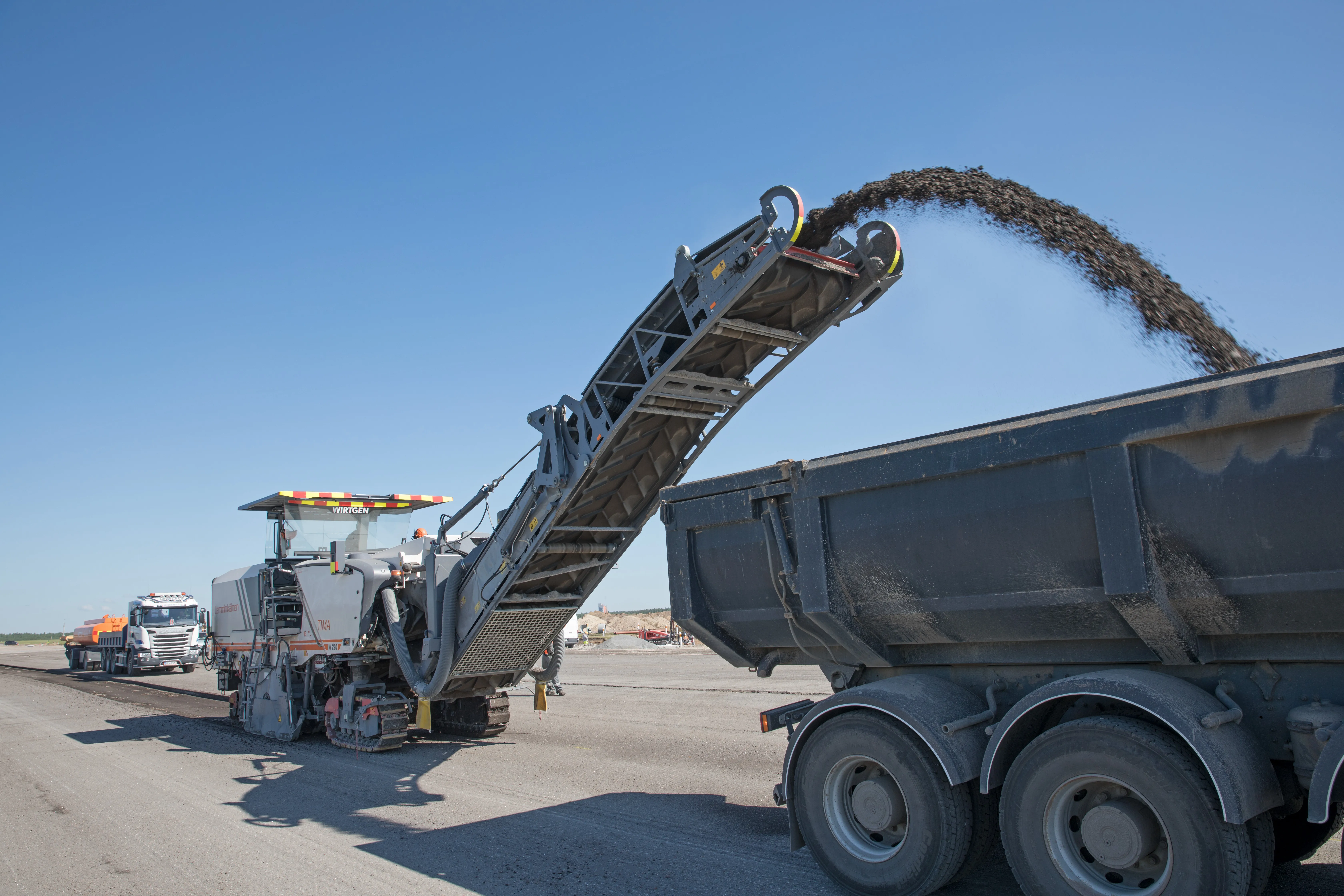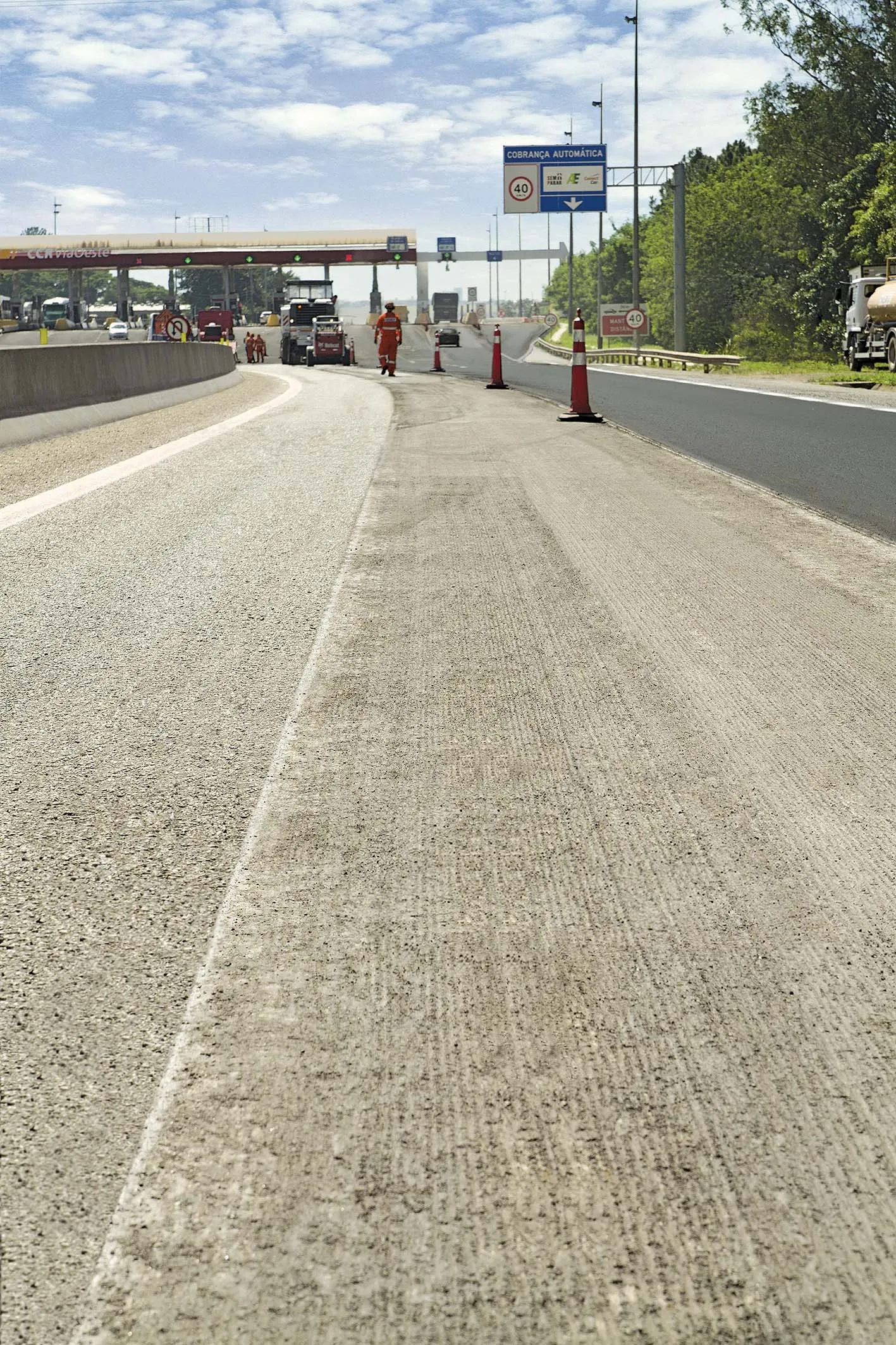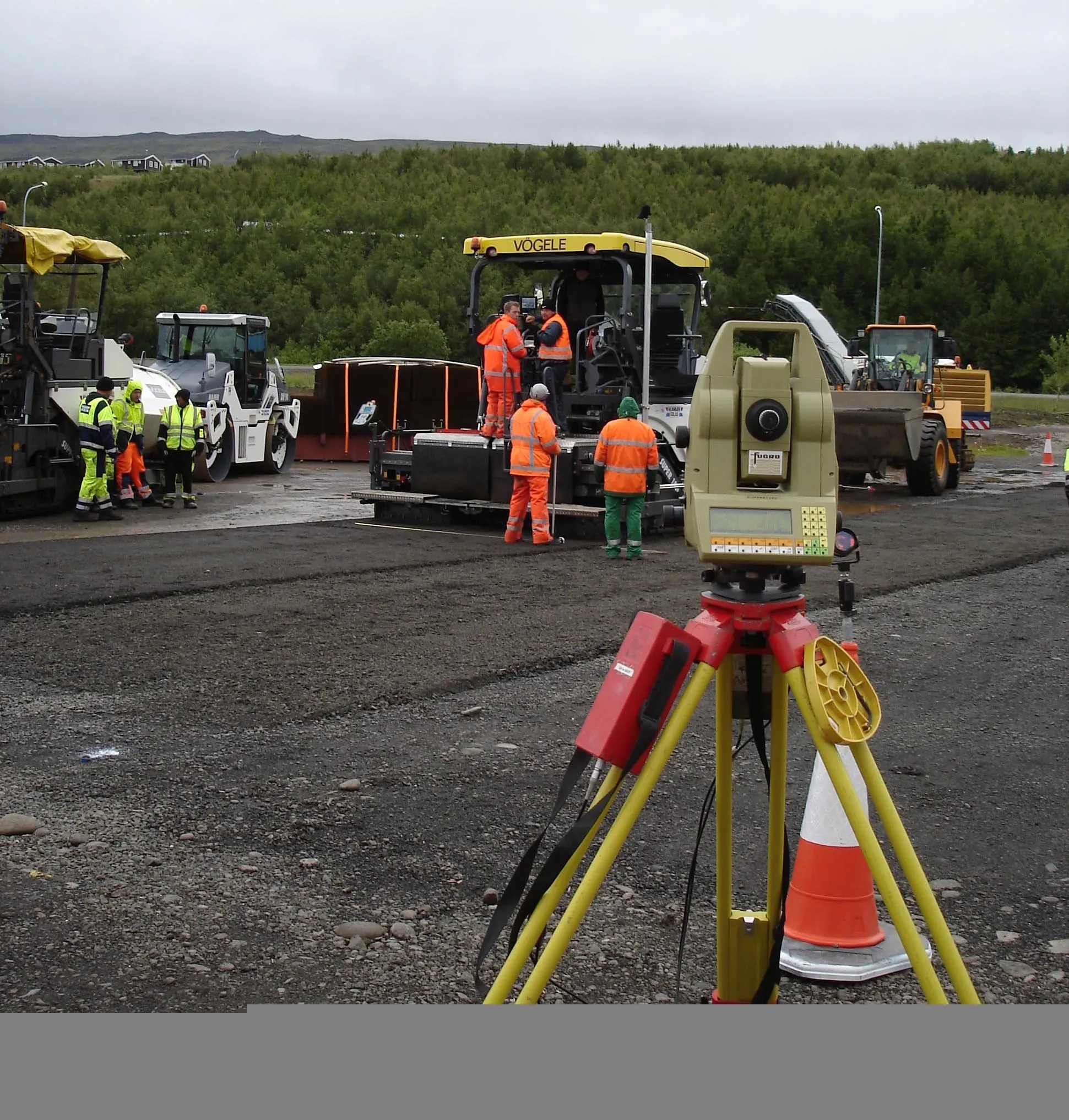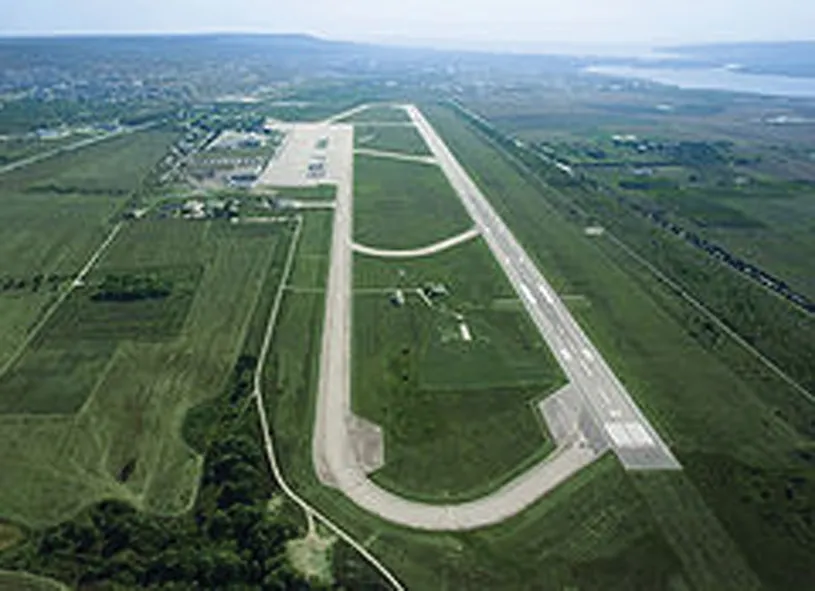Finland’s main international airport, serving the capital Helsinki, is now benefiting from a runway resurfacing project. The rehabilitation work has been needed for one of the airport’s three runways due to a number of age-related defects. Helsinki Airport processes some 17 million passengers/year and due to a combination of the often severe winter weather and the heavy aircraft traffic, the runway condition was not of the standard required. Resurfacing work was scheduled by FINAVIA, with a budget of some
February 23, 2018
Read time: 2 mins

Finland’s main international airport, serving the capital Helsinki, is now benefiting from a runway resurfacing project. The rehabilitation work has been needed for one of the airport’s three runways due to a number of age-related defects. Helsinki Airport processes some 17 million passengers/year and due to a combination of the often severe winter weather and the heavy aircraft traffic, the runway condition was not of the standard required.
Resurfacing work was scheduled by6704 FINAVIA, with a budget of some €11 million, while the total area to be rehabilitated 121,000m². The runway rebuild work was planned in stages, so as to mill off 250mm of asphalt from the runway surface, but with this work being handled in three passes. This method was required in order to separate the reclaimed material into different grades. The first stage of the planning job was to remove a 100mm layer, with a second stage milling away a 50mm asphalt layer, followed by the third phase to remove the final 100mm thickness.
The work was carried out by the Finnish contractor3064 Lemminkäinen, which has a fleet of 2395 Wirtgen milling machines. The firm used three W 220 large milling machines for the job, allowing it to remove the layers within the tight timeframe required.
Resurfacing work was scheduled by
The work was carried out by the Finnish contractor









